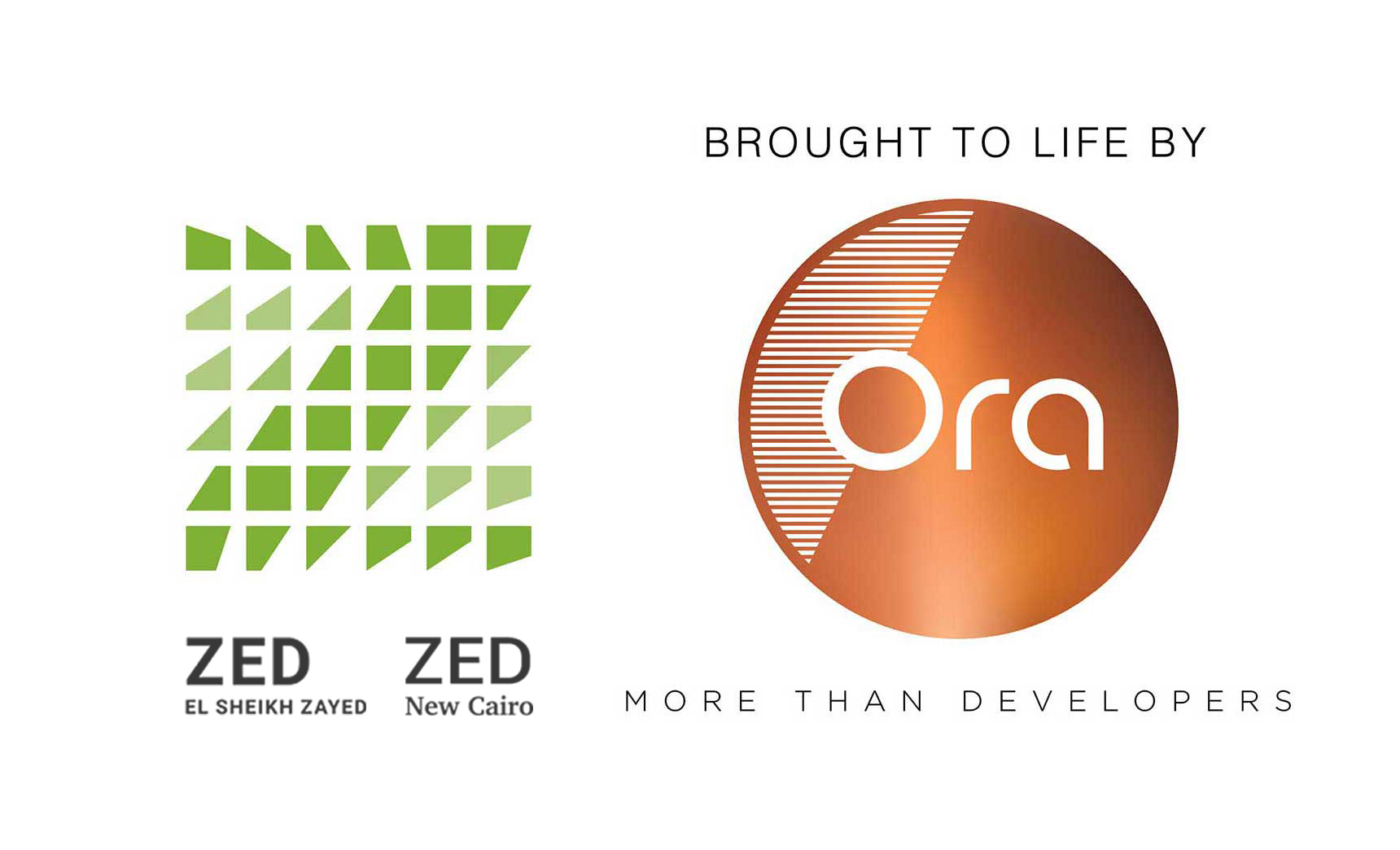

In early November, Egypt’s central bank decided to remove its exchange rate restrictions and allow its currency, the Egyptian pound, to float freely. This was an attempt to solve the severe shortages of US dollars in the market as well as a condition for an IMF bailout loan. The currency had been pegged at E£8.8 against the US dollar since March 2016, and the removal of the peg saw it quickly depreciate.
He says that due to the high levels of inflation, many see these investments as a way of protecting their wealth from exchange rate fluctuations. For this reason, investors are willing to pay more for a new development over a longer period of time.
“They are afraid of inflation and the price of the dollar increasing, so they are throwing [their wealth] at real estate and saying that while they are buying a property and paying the instalments over 10 years, they are fixing the price today. So even if inflation remains above 20% per year, the price that they are going to pay over the next 10 years is fixed and they can budget that into their daily or yearly expenses,” notes Osman
“So it basically [comes down to the] present value of money and people are opting, due to the high levels of inflation, to rather pay more money over 10 years than pay the full amount today.”
In some instances buyers of new developments have been able to resell their investments within 30 days for a comfortable profit as high demand drives up prices.
“What people do is they go and book a property from the real estate developer with relaxed payment terms and pay whatever the down payment is… They then just go ahead and resell that property to another individual and they charge that person whatever the down payment was, plus an extra premium… The contract is then transferred between the real estate developer and the original buyer, to the new buyer,” explains Osman.
“That actually happens a lot.”
By Kate Douglas on February 20, 2017
This article was originally published on How We Made It In Africa









